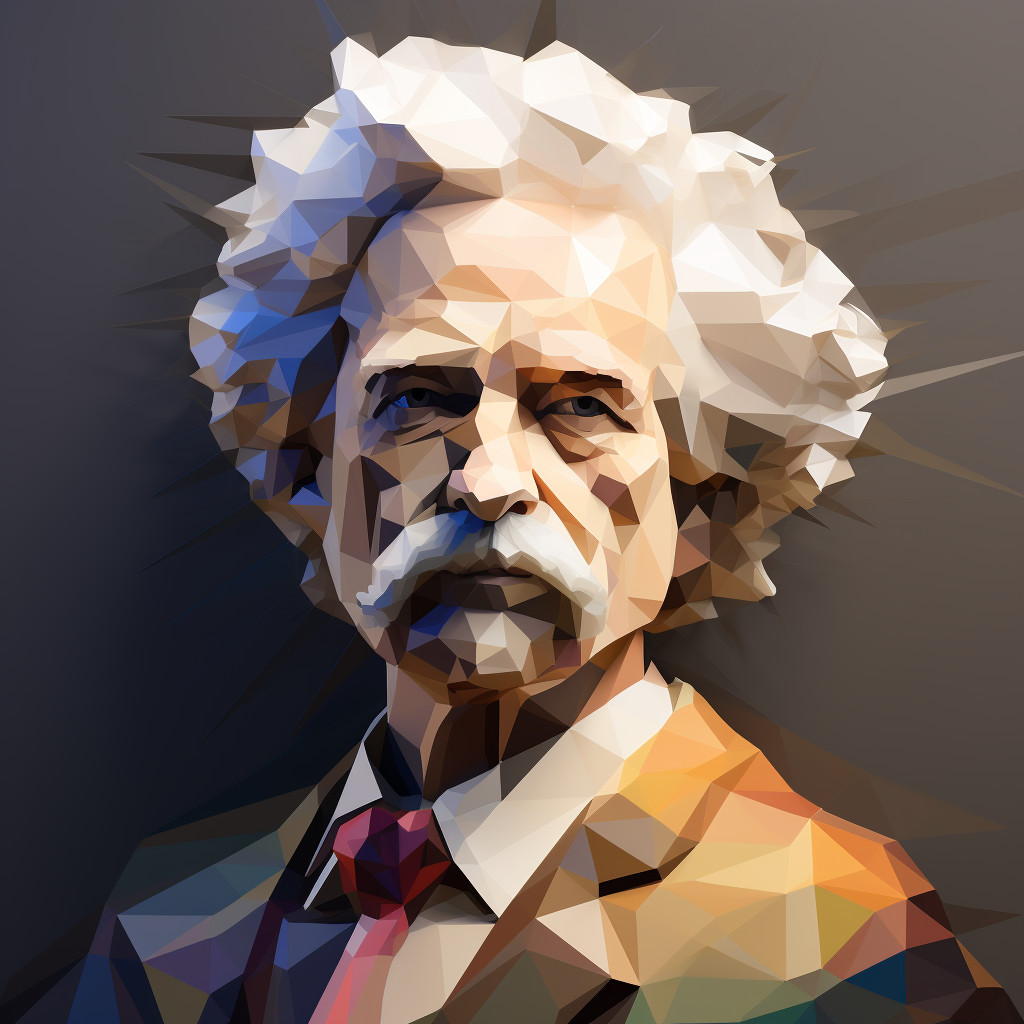Mark Twain’s quote, “When one reads Bibles, one is less surprised at what the Deity knows than at what He doesn’t know,” is a commentary on the nature of religious texts and how they portray God. Twain is suggesting that upon reading the Bible, one might be surprised to find that there are things God appears not to know or understand.
This could be seen as a critique of the human authors of the Bible who, despite their best efforts to depict an omniscient and omnipotent deity, might inadvertently reveal their own limitations and biases in the text. This is because the Bible, like any other religious text, is a product of its time, reflecting the knowledge, culture, and understanding of the world at the time when it was written.
In a broader sense, this quote can be applied to our understanding of any authoritative text or figure. It reminds us to question and critically analyze the information we receive, rather than accepting it blindly. Even the most revered texts or respected figures can have gaps in their knowledge or perspective.
In today’s world, this could be applied to how we consume news and information. In an era of information overload and ‘fake news’, it’s more important than ever to approach what we read and hear with a critical mind, to question and verify the information, and to be aware of the potential biases and limitations of the sources.
In terms of personal development, this quote encourages us to adopt a mindset of lifelong learning. It reminds us that no matter how much we think we know, there’s always more to learn. It also encourages humility, reminding us that everyone, including ourselves, has blind spots and limitations in our knowledge and understanding.







